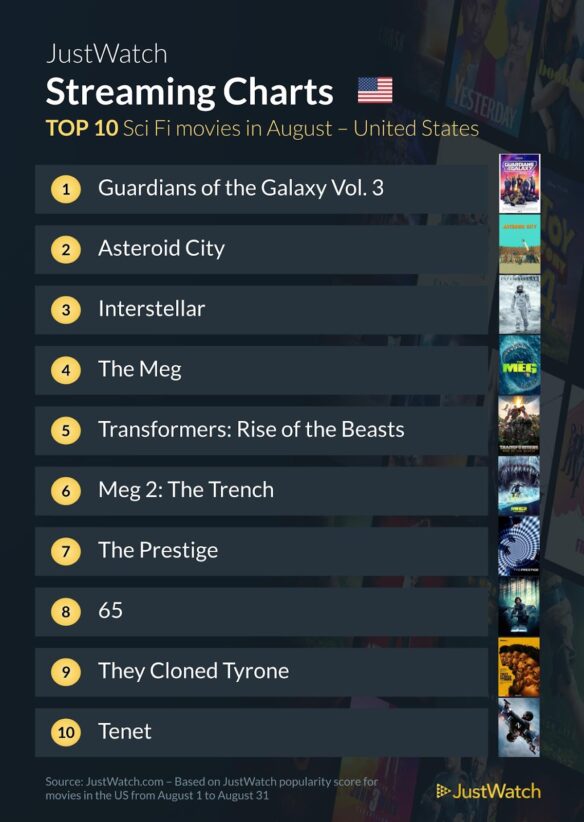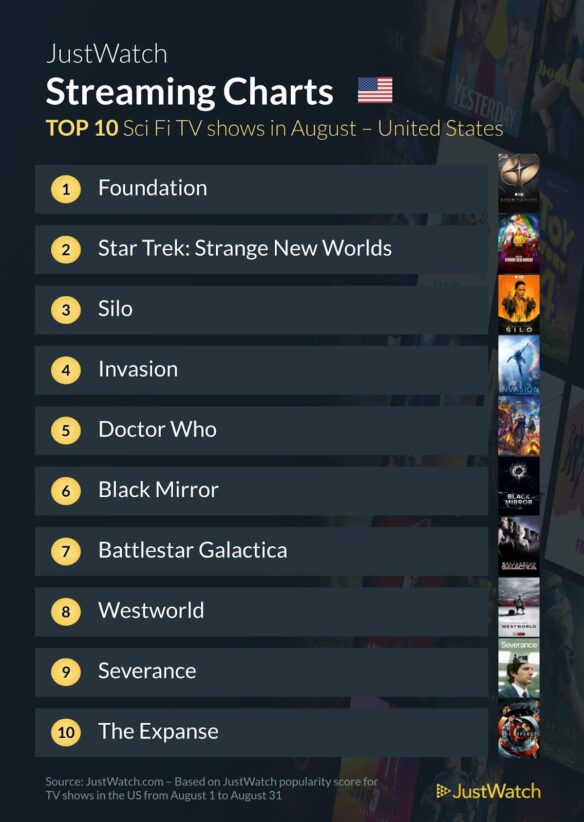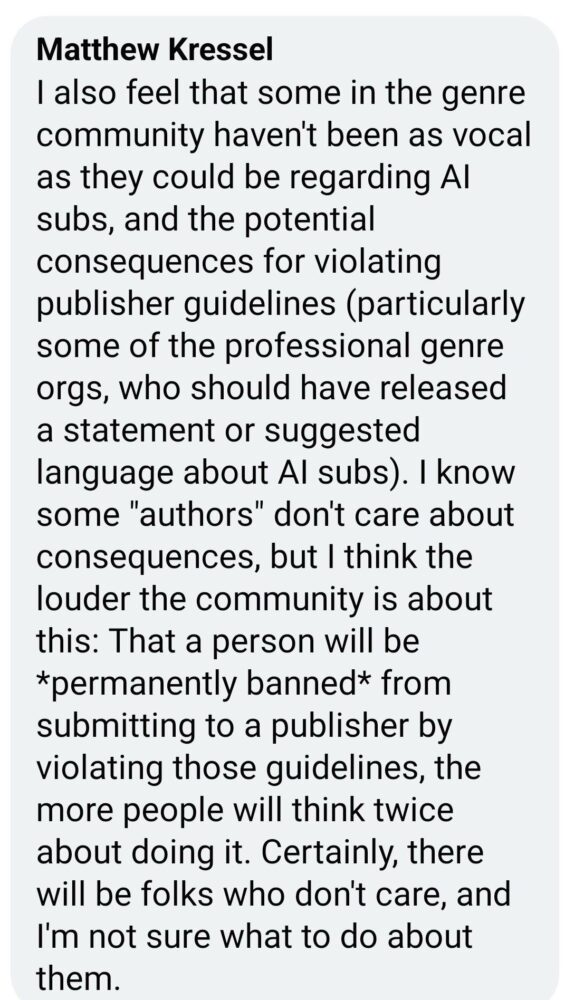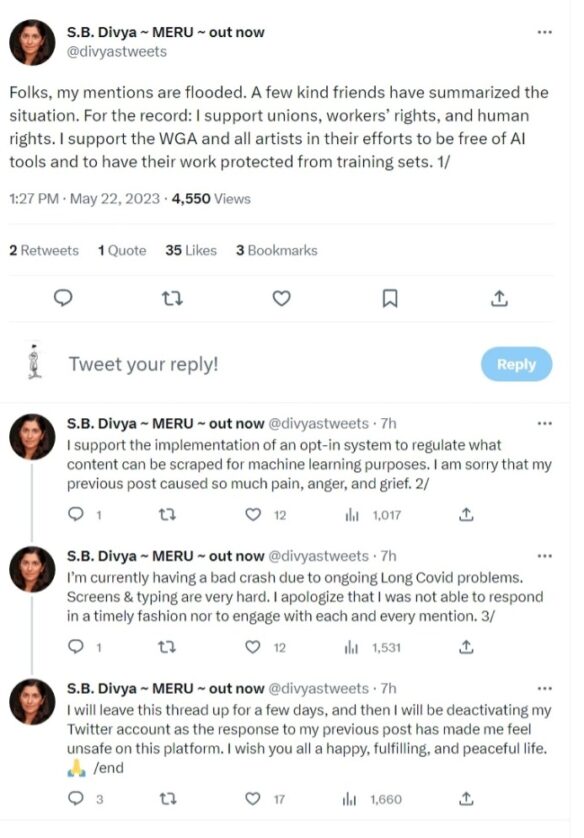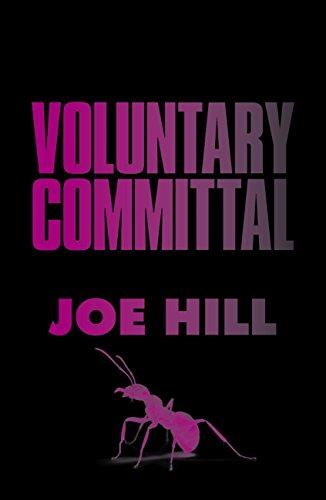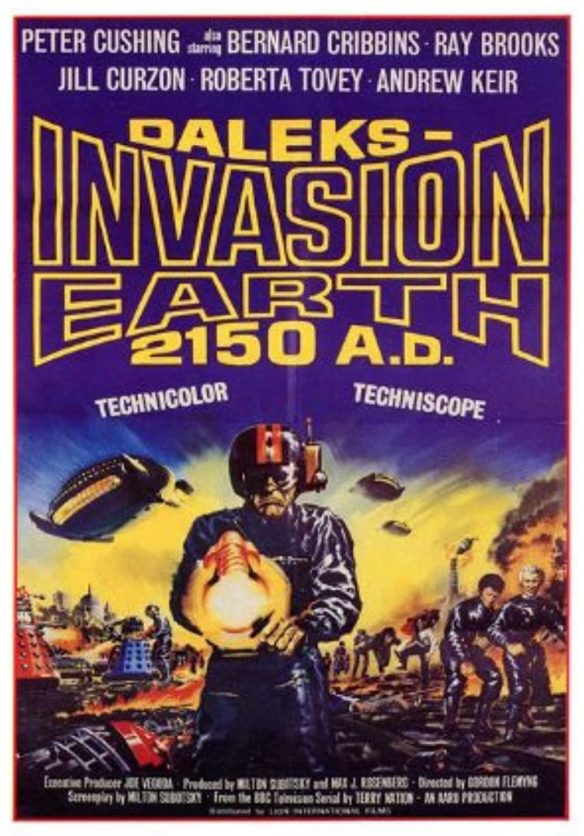(1) UNLOAD THE CANON. Rev. Tom Emanuel calls on scholars and students to “Decanonize Tolkien” at Queer and Back Again.
In the fifty years since Tolkien’s death, his work and legacy have irrevocably shaped our understanding of what fantasy even is. This Oxford don, whose seemingly anachronistic, unclassifiable, wildly popular stories of Elves, Hobbits, and magic rings were once dismissed by the self-appointed guardians of Western literature, has now become one of its canonical figures.
Whether this is a good or a bad thing depends very much on whom you ask. Speaking as a lifelong Tolkien fanatic, my answer is: a bit of both. Either way, we might as well throw in the towel on biblical scholarship as on Tolkien scholarship. Just as the Bible is an inescapable, bone-deep influence on Western culture even for those who do not accord it status as Scripture, Tolkien is an inescapable influence on modern fantasy and, by extension, the study of the fantastic. His canonical status is why we cannot yet write him off; he means too much to too many people, has exerted too great a gravitational pull upon our field of inquiry. Yet that same canonical status is also why Tolkien scholarship must explore new horizons of reception and applicability and grapple responsibly with Tolkien’s complicated legacies both literary as well as cultural, historical as well as contemporary – another feature his work shares with the Bible. In fairness to my colleagues, many exceptional scholars, both established and emerging, are actively breaking new ground in Tolkien studies. More is needed, however, and an active reconsideration of approaches which have held sway in our field for too long….
…Those of us who study the man will always find it edifying (possibly) and entertaining (most certainly) to “interpret every single note Tolkien once wrote on a napkin and subject this analysis to multiple peer review,” to quote from this forum’s prompt. If we seek to continue in a genuinely Tolkienian spirit, however, we would do well to consider more deeply and carefully the effects of Tolkien’s fiction upon his readers and the wider culture in which they are implicated.
Key to this endeavor will be loosening the grip of so-called “authorial intent” over large swaths of Tolkien fandom and scholarship….
(2) HUGO AWARDS MESS REACHES ESQUIRE. [Item by PhilRM.] A not-terrible article that just showed up in Esquire about Chengdu touches, briefly and not terribly accurately, on the Puppies, and is almost entirely about the exclusions rather than the complete lack of believability of the numbers (although Heather Rose Jones’ work gets a link), but at least it delivers a well-deserved drubbing to Dave McCarty. “Hugo Awards 2024: What Really Happened at the Sci-Fi Awards in China?”
…In 2021, the voting process to select the host city for the 2023 convention became a lightning rod for conspiracy theories. Each year, anyone who purchases a membership in the World Science Fiction Society can vote on where WorldCon will be held two years later. In 2021, voters could choose between Chengdu and Winnipeg, Canada for the 2023 convention. “There were concerns that a couple thousand people from China purchased memberships [in the World Science Fiction Society] that year to vote for Chengdu,” says Jason Sanford, a three-time Hugo finalist. “It was unusual, but it was done under the rules.”
While Sanford welcomed the participation of new Chinese fans, other people were alarmed that many of the Chinese votes for Chengdu were written in the same handwriting and posted from the same mailing address. The chair of the convention that year, Mary Robinette Kowal, says some members of the awards committee wanted to mark those votes as invalid. “But if you’re filling out a ballot in English and you don’t speak English, you hand it to a friend who does,” she says. “And the translation we’d put in could be read as ‘where are you from,’ not ‘what is your address.’”
Eventually, a few votes were invalidated by the committee, but most were allowed to stand. “China has the largest science fiction reading audience on the planet by several magnitudes, and they are extremely passionate,” Kowal says….
…When McCarty finally shared last year’s nominating statistics on his Facebook page, authors, fans, and finalists were shocked. In the history of the awards, no works had ever been deemed ineligible like this. Many people who had expected Kuang to win for Babel were now stunned to see she very well could have, and McCarty’s refusal to explain what happened made everything worse. (McCarty did not respond to interview requests for this story.)
“Fandom doesn’t like people fucking with their awards, no matter who does it or why,” says John Scalzi, a three-time Hugo Award winner who was a finalist last year in the Best Novel category: the very same category in which R.F. Kuang should have been nominated for Babel, according to the nomination count on page 20 of McCarty’s document. “The reason people are outraged right now is because they care about the award, in one fashion or another, and this lack of transparency feels like a slap,” Scalzi says….
The article ends:
At the end of my Zoom call with Sanford, I see some emotion in his face around the eyes. “When I was young, science fiction and fantasy books literally saved my life,” he says. “I looked for books that were Hugo finalists or winners, and they showed me a way forward. They showed me there are other people out there who think like me.”
Whatever happens to the Hugos moving forward, one thing is clear: No one should have the power to erase books from the reading lists of future Jason Sanfords.
Jason Sanford disavowed the last paragraph on Bluesky.
Yes, I read the Esquire article I was interviewed for about the Hugo Awards controversy. A good article overall. I liked how the transparency of the Hugos is compared to lack of the same with most literary awards. Then I read the closing paragraph. Oh gods. SMDH. Be nice & know I didn’t write that.
Editor’s Note: The article also says of McCarty, “Within the WorldCon community, he’s nicknamed the ‘Hugo Pope’ for serving on so many awards committees over the years.” It’s a nickname I haven’t heard before. And Ersatz Culture reminds me that the October 26 Scroll carried a photo of a signature book showing McCarty refers to himself as ‘Hugo Boss’.
(3) WE DON’T TALK ABOUT HUGOS. Artist Lar deSouza has done a cartoon inspired by the controversy. See it on Bluesky: “We don’t talk about Hugos….”.
(4) IN THE YEAR OF THE DRAGON, A HEADLINE. “Dungeons & Dragons Publisher Denies Selling Game To Chinese Firm: Here’s What To Know” reports Forbes.
Wizards of the Coast, the Hasbro division behind tabletop game Dungeons & Dragons, is denying rumors sparked by a Chinese news report that a struggling Hasbro could be selling its Dungeons & Dragons franchise to Chinese video game company Tencent….
…But in a Thursday statement to multiple outlets, including Forbes, Wizards of the Coast, the Hasbro division that publishes Dungeons & Dragons and games including Magic: the Gathering, denied the rumors, claiming while the company has multiple partnerships with Tencent, “we are not looking to sell our D&D [intellectual property],” and the company would not comment any further on “speculation or rumors about potential M&A or licensing deals.”…
(5) FIGHT GOES INTO THE SECOND ROUND. [Item by Cat Eldridge.] “Disney To Appeal Ron DeSantis Legal Loss As The Empire Strikes Back” reports Deadline. Of course they are. It’s The Mouse. They have far more lawyers than there are pirates in The Pirates of The Caribbean Ride at Walt Disney World. And those lawyers know more about fighting dirty than those pirates ever did. Hmmm…. Mickey with an eye patch and cutlass…
The lines at Disney World may be long, but the Mouse House isn’t standing around to let Ron DeSantis savor his win yesterday in the company’s First Amendment lawsuit against the failed presidential candidate.
Less than 24 hours after a federal judge agreed with the Florida Governor and deep-sixed Disney’s nearly year long legal action, the Bob Iger-run entertainment giant and Sunshine State mega-employer gave official notice they plan to challenge Wednesday’s dismissal.
“Notice is given that Plaintiff Walt Disney Parks and Resorts, U.S., Inc. (“Disney”) hereby appeals to the United States Court of Appeals for the Eleventh Circuit from the Order Granting Motions to Dismiss and the final judgment entered by the U.S. District Court for the Northern District of Florida on January 31, 2024,” said outside Disney counsel Daniel Petrocelli and a small legion of lawyers in a filing this morning.
No word yet when the actual appeal will be filed, but it could be within the next week or so, I hear.
In a Florida knife fight that started with Disney’s slow but eventual opposition to the state’s parental rights bill, known by detractors AKA the “Don’t Say Gay” law, and then turned to DeSantis’ throwing overboard the long standing governance the company had over the region around Orlando’s Disney World and appointing his own Central Florida Tourism Oversight District Board. As the dust-up escalated, Disney filed its suit in April, as past and now present CEO Iger and the so-called “woke” battling DeSantis, who was eyeing what became a face plant of a primary campaign, hurled missives at each other in public…
(6) URSA MAJOR. Nominations for the Ursa Major Awards, Annual Anthropomorphic Literature and Arts Award, are open and will continue until February 17.
To nominate online, all people must first enroll. Go here to ENROLL FOR ONLINE NOMINATIONS or to LOGIN if you have already enrolled.
You may choose up to five nominees for each category:
Nominations may be made for the following categories:
Best Anthropomorphic Motion Picture
Best Anthropomorphic Dramatic Short Work
Best Anthropomorphic Dramatic Series
Best Anthropomorphic Novel
Best Anthropomorphic Short Fiction
Best Anthropomorphic Other Literary Work
Best Anthropomorphic Non-Fiction Work
Best Anthropomorphic Graphic Story
Best Anthropomorphic Comic Strip
Best Anthropomorphic Magazine
Best Anthropomorphic Published Illustration
Best Anthropomorphic Game
Best Anthropomorphic Website
Best Anthropomorphic Costume (Fursuit)
Best Anthropomorphic Music
(7) CALL FOR ‘WEIRD HOLLYWOOD’ SUBMISSIONS. Christopher J. Garcia, Chuck Serface, and Alissa Wales are planning an issue of The Drink Tank about Weird Hollywood. “Weird,” however you define that term, can apply to Hollywood as the city itself or as the entertainment industry. The editors are interested in fiction, art, history, poetry, photography, or anything printable you want to contribute. Send submissions to Chris at [email protected] or to Chuck at [email protected]. The deadline is March 1, 2024.
(8) TODAY’S BIRTHDAY.
[Written by Cat Eldridge.]
Born February 2, 1990 — Sarah Gailey, 33. Sarah Gailey comes to our attention with their Best Related Work Hugo at Worldcon 75 with their Women of Harry Potter posts. Fascinating look at some other commenters mostly. Here is the “Women of Harry Potter: Ginny Weasley Is Not Impressed” post at Reactor.
Their alternate history “River of Teeth” novella, the first work in that series, was nominated for a Hugo Award for Best Novella at Worldcon 76 and a Nebula. It’s also the first work in their American Hippo duology, the other being the novella “Taste of Marrow”.
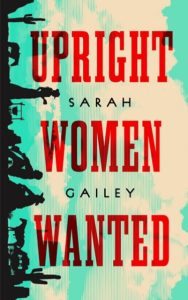
Upright Women Wanted is set in the a fantasy of a Wild West of a twenty minutes into the future dystopian hyper heterosexual America which is all I can say about giving away spoilers about it. Major trigger warnings for any conservative readers here.
Their Magic for Liars, is quite excellent I would say. It’s a murder mystery set in school for young wizards but it’s nothing like those books. They discuss their book here in a YouTube video.
The Echo Wife is a thriller with some very adult questions about the nature of what being human actually means. To say anymore would be spoiling it. It’s damn good. I’d say that it’s their best work to date.
Their latest novel, Just Like Home, is not one I’ve read. Let’s just say that I don’t do serial killers and leave it at that.
They also scripted The Vampire Slayer series on Boom! Comics from the universe of Buffy the Vampire Slayer.
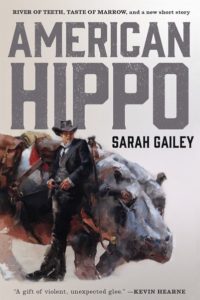
They have done a double, double handful of short fiction, almost so far collected though the American Hippo collects the “River of Teeth” novella and the “Taste of Marrow” novella, and two short stories, “Worth Her Weight in Gold” and “Nine and a Half”, all part of the River of Teeth storytelling.
Finally they have a magical, in the best way magic is, newsletter called Stone Soup. “It’s about the things we cook, the things we read, the things we write. It’s about the things we care about, together and separately; it’s about everything we add to the pot, in little bits and pieces, to make something great. It’s about community.” You can sign up for the free level, or the paid which I do and is well worth the cup of coffee a month it’ll cost you. (My Patreon fees collectively are larger than any of my streaming services by far.) Mike has from to time included material from it here.
(9) COMICS SECTION.
- Frazz ponders the power of story.
(10) ARE WRITERS GETTING PAID? The Society of Authors is skeptical. According to the Guardian, “Spotify claims to have paid audiobook publishers ‘tens of millions’ in royalties”.
Spotify has said that it has paid audiobook publishers “tens of millions” since allowing users 15 hours of audiobook listening in its Premium subscription package last autumn.
The company said that the figure, reported by trade magazine the Bookseller, is “100% royalties” and that it expects to “continue growing” royalty payouts in future. It would not give a more precise amount for payouts made so far, but said that the “tens of millions” figure applies in both pounds and dollars.
However, the Society of Authors (SoA) said they “remain concerned at the lack of clarity about the deals”. The industry body said it is “still waiting to see the effect on author incomes and whether these are real additional sales or simply take market share from Amazon”….
(11) JEOPARDY! [Item by Andrew Porter.] A Tolkien category featured on tonight’s episode of Jeopardy! Some contestants stumbled.
Category: Talking About Tolkien
Answer: Humphrey Carpenter’s bio of J.R.R. Tolkien, C.S. Lewis & like-minded friends has this title, like their literary circle.
Wrong question: What is the Oxford group?
Right question: What is the Inklings?
Answer: To his family and close friends, Tolkien was known by this name, the first “R” in his initials.
Wrong questions: What is Rael? and What is Robert?
Right question: What is Ronald?
(12) CSI SKILL TREE. The latest episode of CSI Skill Tree is “Game Localization with Siyang Gao and Emily Xueni Jin”. The series examines how video games envision possible futures and build thought-provoking worlds. In this episode, the participants discuss the process of video game localization, which encompasses both translation and deeper work, even up to adapting a game’s mechanics, cultural references and allusions, and more to better resonate with players who encounter the game outside of its initial linguistic and cultural context.
Siyang Gao is a writer, translator, and video game localizer who specializes in narrative-heavy games, and Emily Xueni Jin is an essayist, researcher, and fantastic translator of science fiction who translates both from Chinese to English and the other way around. Also, here’s a YouTube playlist with all 14 of the Skill Tree episodes thus far.
(13) K5 WAS NO K9; RETIRED. The New York Times says “Goodbye for Now to the Robot That (Sort Of) Patrolled New York’s Subway”.
The New York Police Department robot sat motionless like a sad Wall-E on Friday morning, gathering dust inside an empty storefront within New York City’s busiest subway station.
No longer were its cameras scanning straphangers traversing Times Square. No longer were subway riders pressing its help button, if ever they had.
New York City has retired the robot, known as the Knightscope K5, from service inside the Times Square station. The Police Department had been forced to assign officers to chaperone the robot, which is 5 feet 3 inches tall and weighs 400 pounds. It could not use the stairs. Some straphangers wanted to abuse it.
“The K5 Knightscope has completed its pilot in the NYC subway system,” a spokesman for the department said in an email.
On Friday, the white contraption in N.Y.P.D. livery sat amid a mountain of cardboard boxes, separated from the commuting masses by a plate-glass window. People streaming by said they had often been mystified by the robot.
“I thought it was a toy,” said Derek Dennis, 56, a signal engineer.
It was an ignominious end for an experiment that Mayor Eric Adams, a self-described tech geek, hoped would help bring safety and order to the subways, at a time when crime remained a pressing concern for many New Yorkers….
(14) TUNES INSPIRED BY LOVECRAFT STORY. Another musical discovery that might be of interest: “The Music of Erich Zann” from Half Deaf Clatch via Speak Up Recordings at Bandcamp.
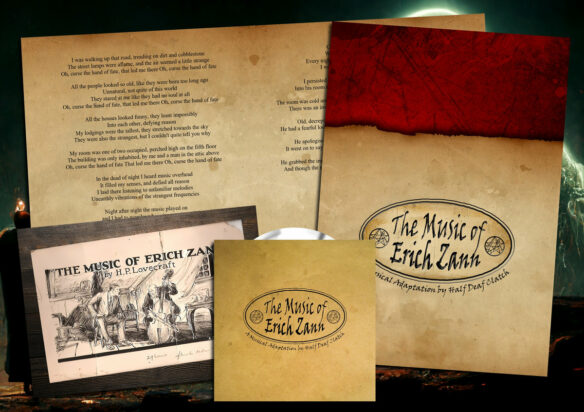
‘The Music of Erich Zann’ is one of my favourite short stories by H.P Lovecraft, and I’ve been wanting to do a musical adaptation for a long while now. This EP started out as a few short atmospheric instrumentals, but very quickly turned into a full blown musical work with lots of lyrics!
The words are an abridged version of the story and detail the salient points, rather than providing a blow by blow account, if you haven’t read the actual story I highly recommend it.
I kept the instrumentation relatively simple, just an acoustic guitar, electric cello, pipe organ, percussion and atmospheric soundscapes. The majority of the sounds are made by acoustic or electro-acoustic instruments, the electric cello was played through an Orange ‘Crush’ acoustic amp and EHX Soul Food pedal, any ‘otherworldly’ effects were created with instruments put through octavers and auto filters.
In the original story Lovecraft says that Eric Zann plays a ‘viol’, it is widely accepted that he meant a viol da gamba, a Baroque era instrument which closely resembles the cello, but has five to seven strings, and frets. Since these are rare and very expensive, I obviously decided to use my electric cello for this EP, as buying a viol da gamba seemed an unnecessary extravagance.
(15) OUT OF THE JUG. The Guardian visits with “The man who owes Nintendo $14m: Gary Bowser and gaming’s most infamous piracy case”.
In April 2023, a 54-year-old programmer named Gary Bowser was released from prison having served 14 months of a 40-month sentence. Good behaviour reduced his time behind bars, but now his options are limited. For a while he was crashing on a friend’s couch in Toronto. The weekly physical therapy sessions, which he needs to ease chronic pain, were costing hundreds of dollars every week, and he didn’t have a job. And soon, he would need to start sending cheques to Nintendo. Bowser owes the makers of Super Mario $14.5m (£11.5m), and he’s probably going to spend the rest of his life paying it back….
…In the late 00s he made contact with Team Xecuter, a group that produces dongles used to bypass anti-piracy measures on Nintendo Switch and other consoles, letting them illegally download, modify and play games. While he says he was only paid a few hundred dollars a month to update their websites, Bowser says the people he worked with weren’t very social and he helped “testers” troubleshoot devices.
“I started becoming a middleman in between the people doing the development work, and the people actually owning the mod chips, playing the games,” he says. “I would get feedback from the testers, and then I would send it to the developers … I can handle people, and that’s why I ended up getting more involved.”
In September 2020, he was arrested in a sting so unusual that the US Department of Justice released a press release boasting about the indictment, in which acting assistant attorney general Brian C Rabbitt called Bowser and his co-defendants “leaders of a notorious international criminal group that reaped illegal profits for years by pirating video game technology of US companies”.
“The day that it happened, I was sleeping in my bed, it was four in the morning, I’d been drinking all night,” Bowser says. “And suddenly I wake up and see three people surrounding my bed with rifles aimed at my head … they dragged me out of the place, put me in the back of a pickup truck and drove me to the Interpol office.”…
(16) VIDEO OF THE DAY. Ryan George’s “Echo Pitch Meeting” invites everyone to step inside the Pitch Meeting that led to Echo! Beware what you step in, though, because there are spoiler warnings.
[Thanks to Chris Barkley, Cat Eldridge, SF Concatenation’s Jonathan Cowie, JJ, Kathy Sullivan, Joey Eschrich, PhilRM, Jason Sanford, Robin Anne Reid, Ersatz Culture, Chuck Serface, Steven French, Mike Kennedy, Andrew Porter, and John King Tarpinian for some of these stories. Title credit belongs to File 770 contributing editor of the day Andrew (not Werdna).]


